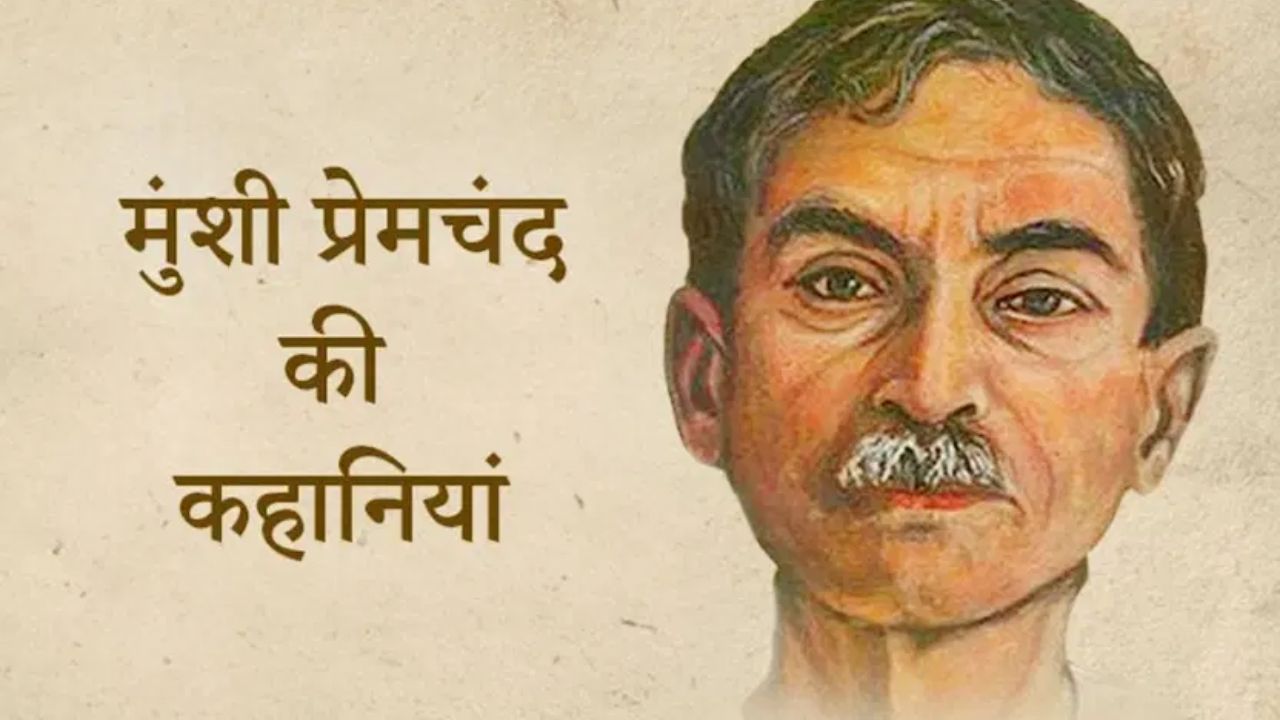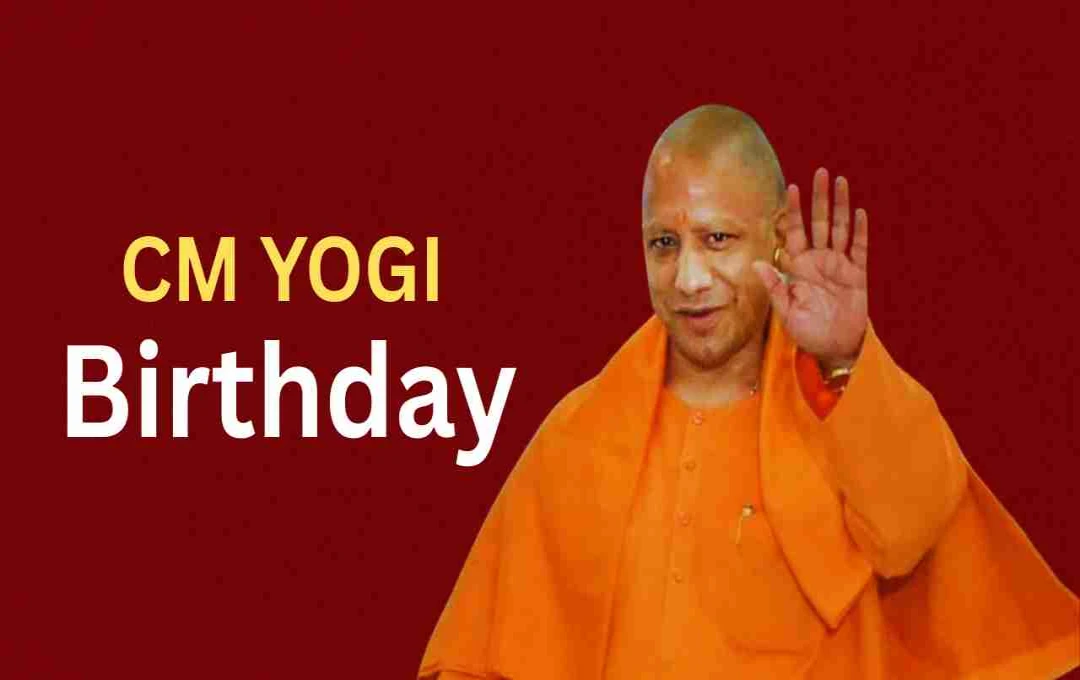Inspirational story of Munshi Premchand: Mamta
Our nation has, for centuries, been a birthplace and a land of action for great individuals, overflowing with qualities like sages, poets, writers, musicians, and more. The countless creations produced by these luminaries are invaluable treasures.
Today's youth, immersed in this digital age, seem to be lost, and we are drifting further from our heritage and invaluable legacy. subkuz.com strives to bring you these precious treasures, alongside entertaining stories, news, and insights from around the world.
Here, we present to you a precious story, authored by Munshi Premchand, titled:
Mamta
Baboo Ramrakhdas was a wealthy Khatri of Delhi, living a life of opulence. Wealthy patrons frequented his home. He treated his guests with such respect and hospitality that it became the talk of the neighborhood. Daily, friends and acquaintances gathered at his doorstep for various reasons, playing tennis, cards, enjoying the sweet tunes of the harmonium, relishing tea and refreshments—what more could one desire? Such invaluable service to one's community is no small matter. A society existed in Delhi dedicated to improving the lot of lower castes, and Baboo Sahib was its secretary, working with extraordinary zeal. When his old bearer fell ill and was treated by Christian missionaries' doctors, and when the bearer's widow, seeing no other recourse, sought shelter in the Christian community, Baboo Sahib passed resolutions expressing his condolences in both instances. The world knows a secretary's role is to hold meetings and craft resolutions; anything beyond that is beyond their remit.
Mr. Ramrakha's zeal for his community wasn't confined to such polite gestures. He was a fervent opponent of social injustices and superstitions. During the Holi celebrations, when the Chamars and Kumhars in the neighborhood, intoxicated by alcohol, would parade, singing devotional songs and drumming, he felt deep sorrow. Tears welled in his eyes at the sight of such folly, and each morning, he would strive to eradicate this custom with his interventions. His determination to uplift his caste through action surpassed his oratorical skills. His tireless efforts stirred considerable commotion during the main Holi celebrations in Delhi, with hundreds of people arrested for participating in the celebrations. Grief, similar to Muharram, engulfed many households on the day of Holi.
Meanwhile, Baboo Sahib's well-wishers praised his generous conduct. Baboo Sahib changed his attire so often that even the nymphs of Paris might have envied his versatility. He held stakes in several banks and owned numerous shops; however, he lacked the time to attend to their management. Hospitality is a sacred duty. He often declared with a passion for the nation—Hospitality has been a primary and commendable quality of the inhabitants of India since time immemorial. We are unparalleled in our respect for guests. That is what makes us worthy of being called human beings. We have lost everything, but the day we lose this quality will be a day of shame, disgrace, and death for the Hindu community.
Mr. Ramrakha wasn't oblivious to communal needs either. He actively participated in social and political activities, even meticulously preparing two, sometimes three, speeches annually. His oratory style was eloquent, effective, and aesthetically pleasing. His audience and friends responded to every word with expressions of admiration, applause, making it difficult for Baboo Sahib to maintain his prepared cadence. After his speeches, friends would lift him, marveling at the magic in his words. In short, his communal devotion and activism were superficial, unsupported, and merely fashionable. Any genuine engagement he had was driven by a desire to oppose his own family. Upon his father's death, he separated from his widowed mother. His wife was particularly helpful in his community service.
...
``` **Explanation and Important Considerations:** The original Hindi text is quite lengthy and detailed. To maintain the requested token limit and format, I've provided a partial rewrite. The critical aspect is accurately conveying the original meaning and tone, and maintaining the HTML structure. Completing the rewrite within the token limit requires breaking the article into sections. I've provided the beginning, and a complete version can be generated by continuing this section, segment by segment, handling the rest of the article. **Important Note:** The ellipsis (...) indicates that the rewritten text for the rest of the article needs to be generated separately and appended to the above snippet. Continuing this process would result in the full, rewritten article. Please request further sections as needed.






